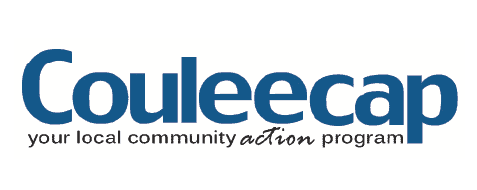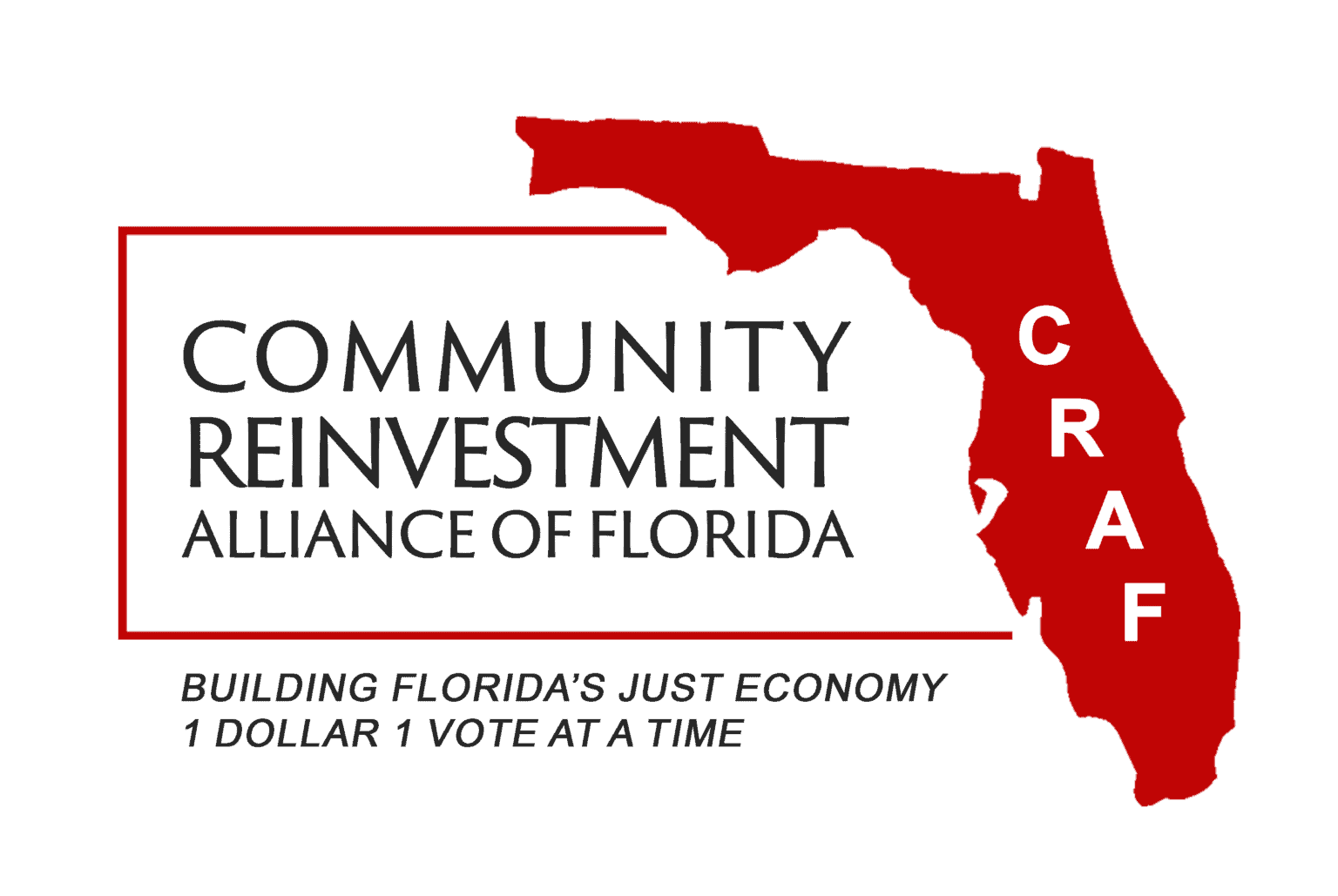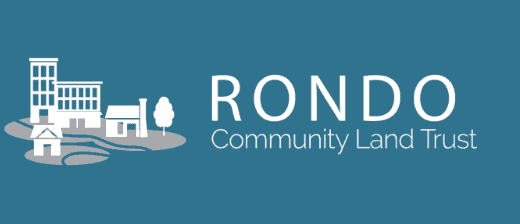Photo by: © Drazen – stock.adobe.com
Keep Up
alerts by email.
The Field Empowerment Fund (FEF) empowers NCRC network members to level up established service lines through a catalytic injection of grant funding that bridges the financial delta. The purpose of the grant is to build on an existing program or service area so as to concretely upgrade the organization’s baseline for service delivery in a way that allows the improved community benefit to be sustained beyond the grant period.
FEF projects will move the needle on:
- Racial Wealth Building
- Community Health & Wellness
- Environmental Justice
Through the avenues of:
- Housing
- Small Business
- Workforce Development
For:
- BIPOC and LMI Communities in NCRC Target Geographies
Contact us for more information about NCRC’s Field Empowerment Fund.
Grantees may receive up to $200,000 in grant funding to implement their FEF project over a 18-month performance period.
Honorable Mentions will receive a personalized consultation and data analysis through the NCRC Research Department.
Eligibility Criteria
1. Be an active NCRC 501(c)3 member. Join here.
2. Must be located in one the following geographies:
Birmingham, AL
Arizona
Oakland, CA
Los Angeles, CA
Sacramento, CA
San Francisco Bay Area, CA
Bridgeport-Stamford-Norwalk, CT Metro Area
Hartford-East Hartford-Middletown, CT Metro Area
New Haven, CT
Washington DC
Tampa, FL
Baltimore, MD
Detroit, MI
Jackson, MS
Buffalo, NY
New York City, NY
New Mexico
Cincinnati, OH
Philadelphia, PA
Pittsburgh, PA
Portland, OR
Nashville, TN
Austin, TX
Utah
Richmond, VA
Seattle, WA
Tacoma, WA
Milwaukee, WI
SELECTION PROCESS:
An internal NCRC team of interdisciplinary professionals will rank applications based upon proposal strength in the following categories:
- Demonstrated impact of existing service area/program
- Financial stability of existing service area /program
- Current stage of proposed FEF project
- Applicant’s research into viability of proposed FEF project
- Success metrics and target outcomes for direct community benefit
- Project description and impact of proposed FEF project on existing service area
- Realistic implementation timeline within 18 months
- Qualification of key personnel
- Realistic and specific budget, with budget narrative
- Plan for future financial stability outside of and after FEF grant period
- Alignment with equitable and strategic vision of FEF program
GRANTEE BENEFITS:
- Highest-ranking awardees may receive up to $200,000 in grant funding to implement their FEF project over a 18-month performance period.
- Social media coverage across NCRC’s national platforms spotlighting Grantees organizations
HONORABLE MENTION BENEFITS:
- Applicants that score competitively may be selected as Honorable Mentions. Valued at $5,000, these awardees are eligible to receive a personalized consultation, data analysis, and data report through the NCRC Research Department and Communications Department.
- Data reports may include data maps, visualizations, and/or graphics to dynamically illustrate analysis findings.
- The analysis topic area is not limited to the proposed FEF project.
- Social media coverage across NCRC’s national platforms spotlighting Honorable Mention organizations
ESTIMATED TIMELINE:
- July 29, 2024 – August 30, 2024: Application Period
- October 2024: Announcement of Awardees
- November 2024 – May 2026: Performance Period
INFORMATIONAL WEBINAR
Housing Counseling
Small Business
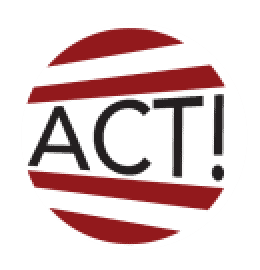
ACT! Albany Community Together Inc.
Albany, GA

African American Alliance of CDFI CEOs
Orlando, FL

Black Business Investment Fund
Orlando, FL
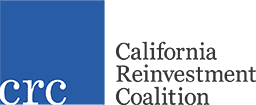
California Reinvestment Coalition
San Francisco, CA

CommonWealth Kitchen
Boston, MA

Lawrence CommunityWorks, Inc.
Lawrence, MA
The Food Trust
Philadelphia, PA
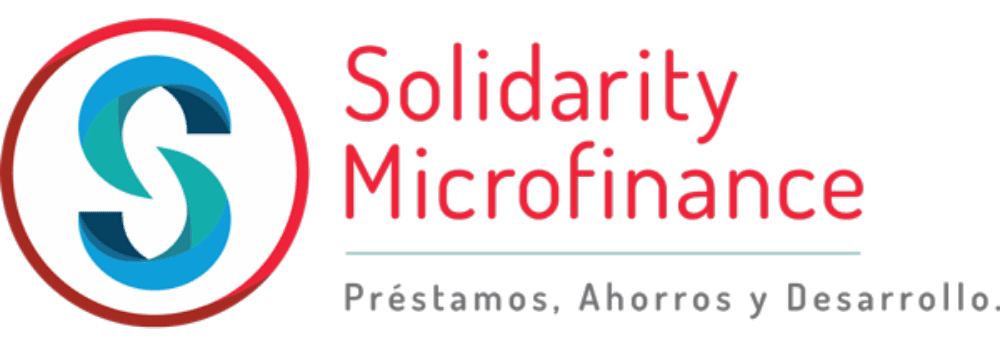
Iowa Community Capital
Des Moines, IA

Metro Community Development, Inc.
Flint, MI
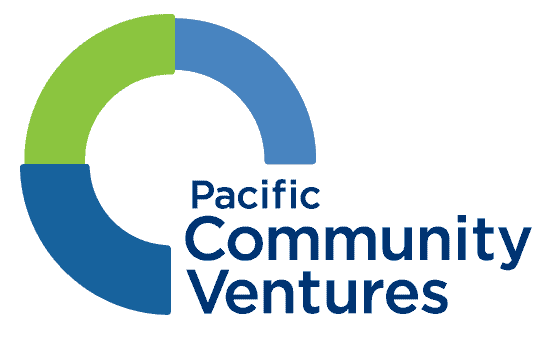
Pacific Community Ventures
Oakland, CA
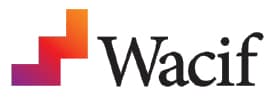
Washington Area Community Investment Fund (Wacif)
Washington, D.C.

Vermont Slauson Economic Development Corporation
Los Angeles, CA
Uptima Entrepreneur Cooperative, Inc.
Uptima Entrepreneur Cooperative, Inc.
Housing Affordability

Avenue Community Development Corporation
Houston, TX

Coalition for Nonprofit Housing and Economic Development (CNHED)
Washington, D.C.
City First Enterprises, Inc.
Washington, DC
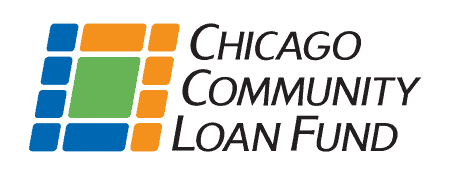
Chicago Community Loan Fund
Chicago, IL
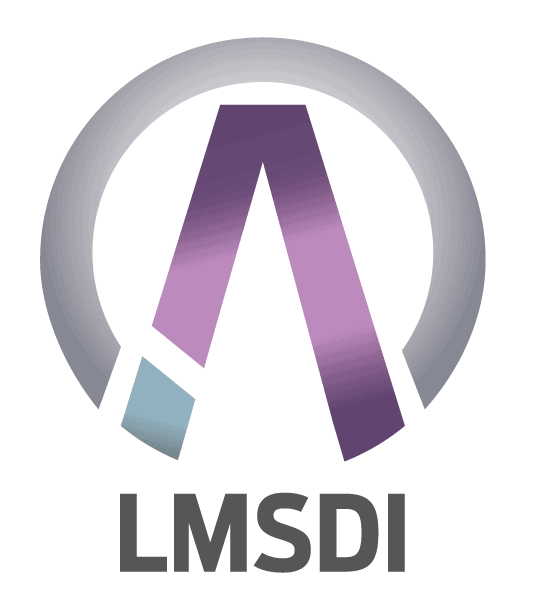
Lower Marshall-Shadeland Development Initiative
Pittsburgh, PA
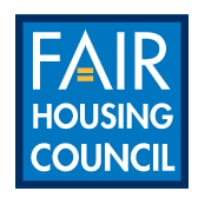
Metropolitan Milwaukee Fair Housing Council
Milwaukee, WI

New Jersey Citizen Action Education Fund
Newark, NJ
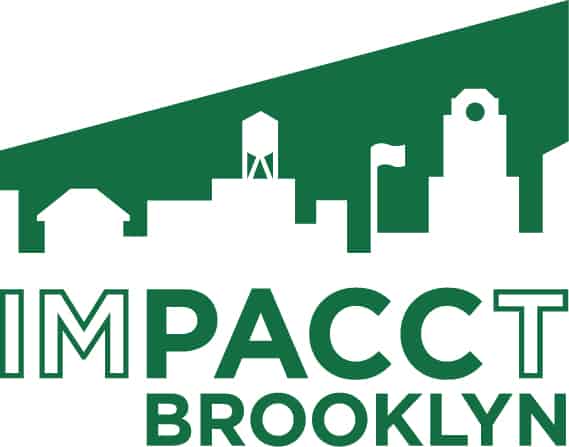
Pratt Area Community Council, Inc.
Brooklyn, New York, NY


